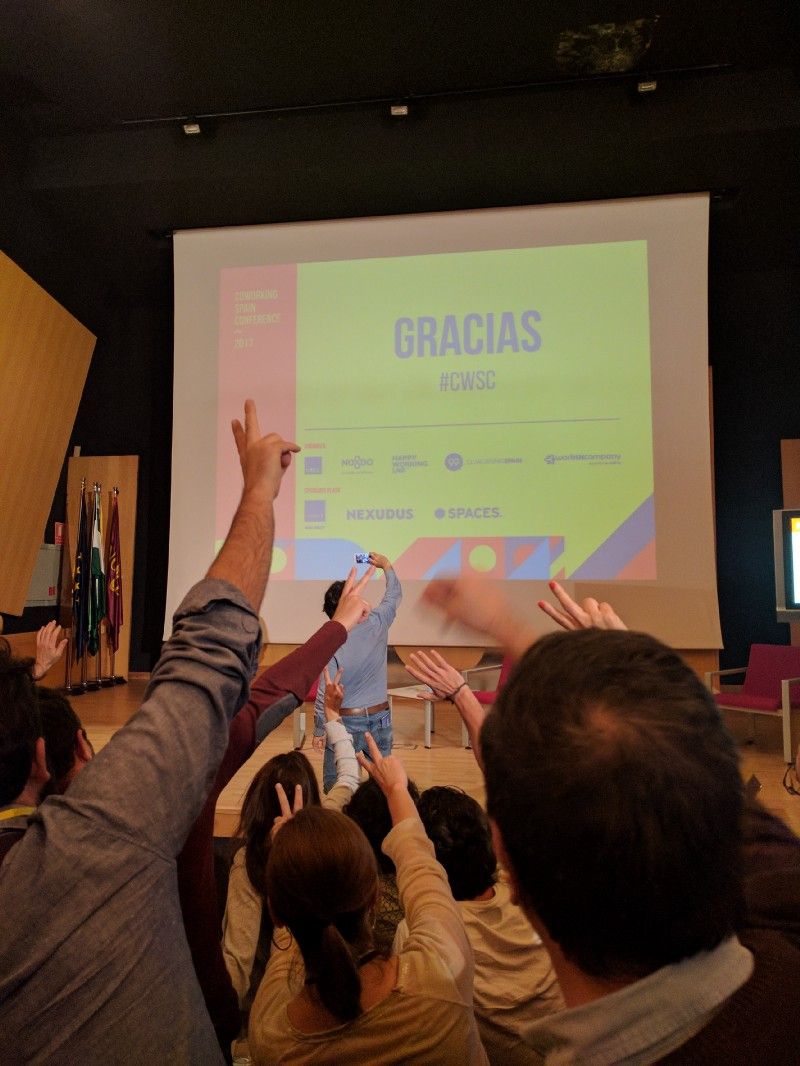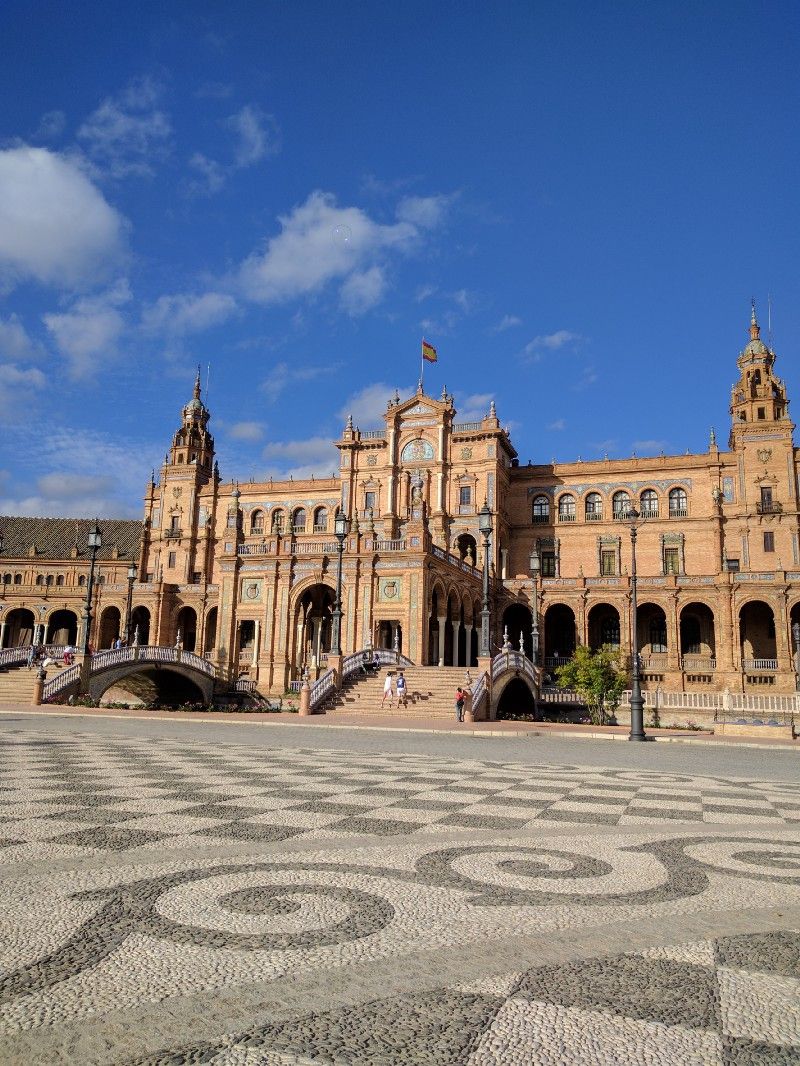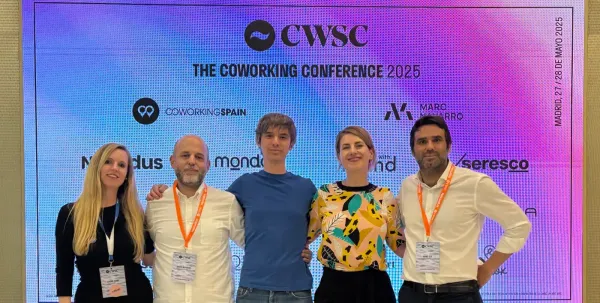Fresh from the Global Coworking UnConference in New York City we headed to Seville for the Spanish Coworking Conference.
The conference fringe programme started a day before the official conference with a city tour around four different coworking spaces in Seville. Space operators took rounds in showing us different parts of Seville and telling us a bit about the city’s history during the coworking tour. A nice idea to make the visit even more interesting.
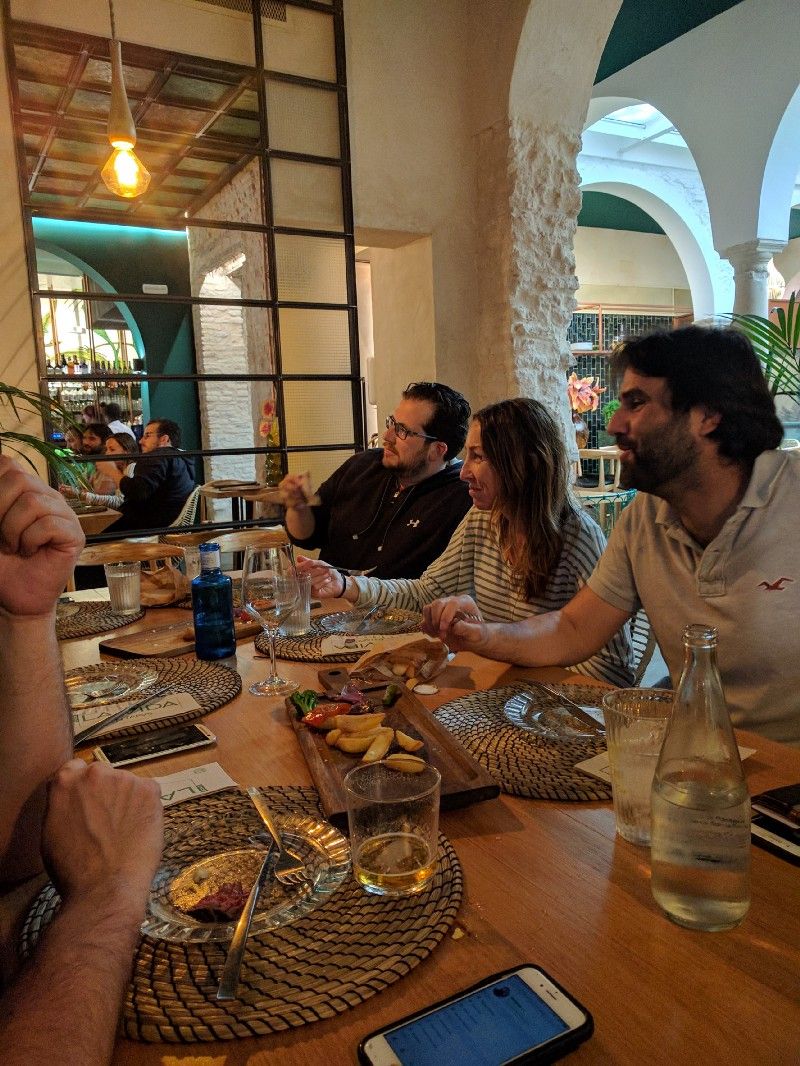
Exploring Coworking in Seville
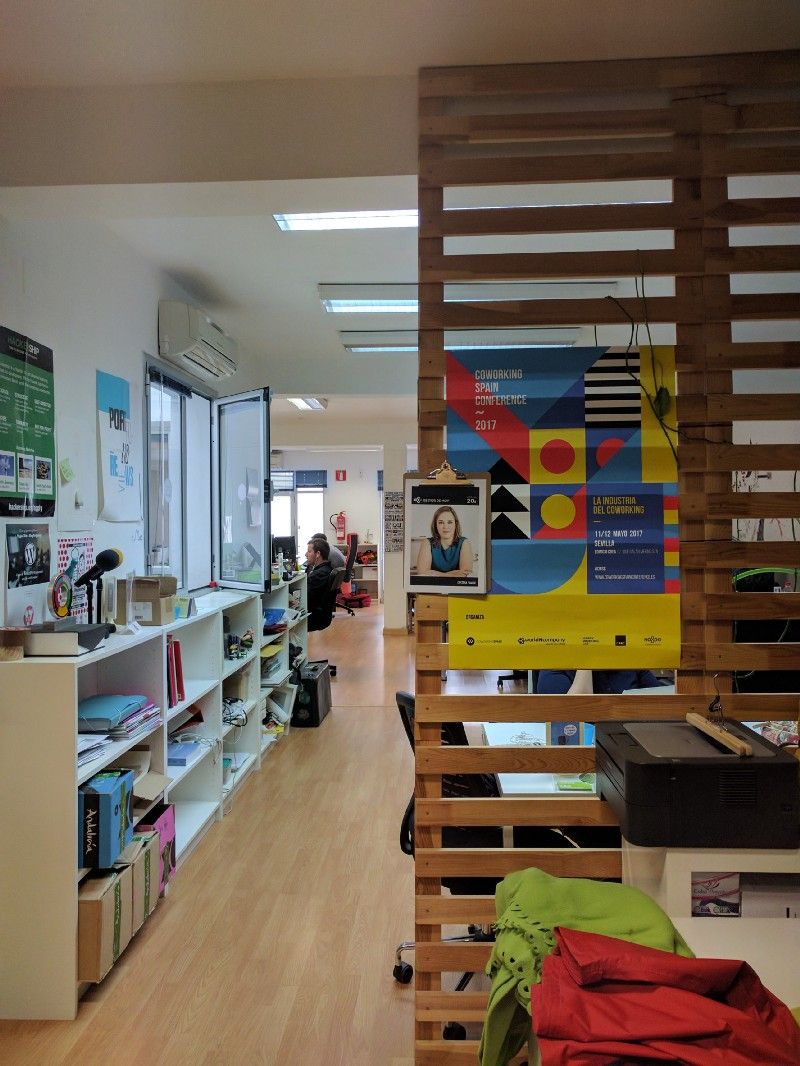
We started off at workINcompany, the very first space coworking space in Seville, founded by Jaime Aranda and Alberto Peréz Sola. We then headed to Arcadia Coworking, guided by founder Victor Vázquez Hernanders.They’ve put a lot of work in designing their space, and according to their members, having loads of natural sunlight is more important than having an internet connection.
Afterwards we headed north to stop by at ThinkingCompany, a space dedicated to programmers, engineers, architects and other maker/tech enthusiasts.
The last space La Bañera was a small but beautiful converted industrial space. At La Bañera they only offer fixed desk plans and their members work mostly in the areas of arts and crafts.
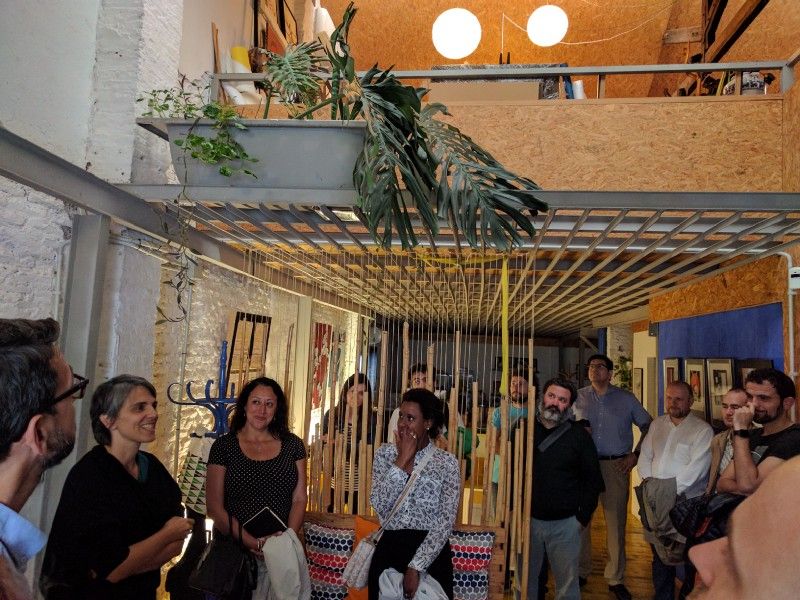
During the tour we also had the chance to talk with Eda Padua about her work at Start2Be and Silicon Gràcia. A project that includes coworking spaces, their members, a design school, hotels and local business to offer internships and entrepreneurs programs. The program gives support for the educational and professional development aspects, and also help people in those programs formally settle in Barcelona and insert them in an inspiring social environment. As always, one can learn very interesting things outside the official program.
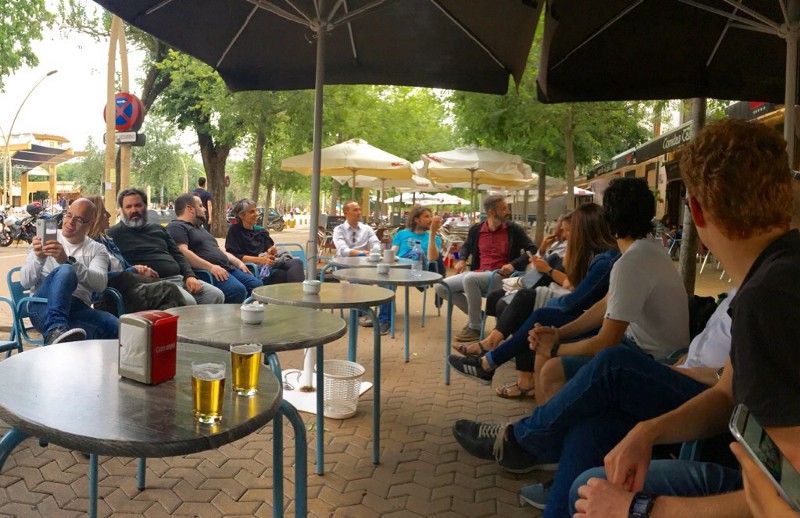
The conference: Day 1
The first day of the conference, titled La Industria del Coworking — The Industry of Coworking began with a warm welcome from the event organizer Manuel Zea. He spoke about the coworking movement making an analogy that pretty much triggered the mood for the conference: compartir (to share). Throughout the two days of the conference people were really committed to share everything they could. There was no limits to talk in detail about their spaces, their strategies and even their failures.
The Spanish Coworking Conference formed a nice contrast to GCUC USA. Not only it is much smaller in scale — with around 100 participants — but also the focus of the topics was quite different. Space growth barely came up as a topic of conversation.
Jaime Aranda (workINcompany) kicked off the conference with a session on Digital Nomads by asking the the crowd: who has any special plans or marketing efforts directed to digital nomads? Only a handful of people in the auditorium raised their hands — and we’re sure that many people changed their minds after his presentation.
He explored the path that digital nomads go through to choose (1) a country/city to travel to; and (2) a space to work from. Jaime showed how cities in Spain are positioned in digital nomads directories and what can be improved.
Coworking in Spain
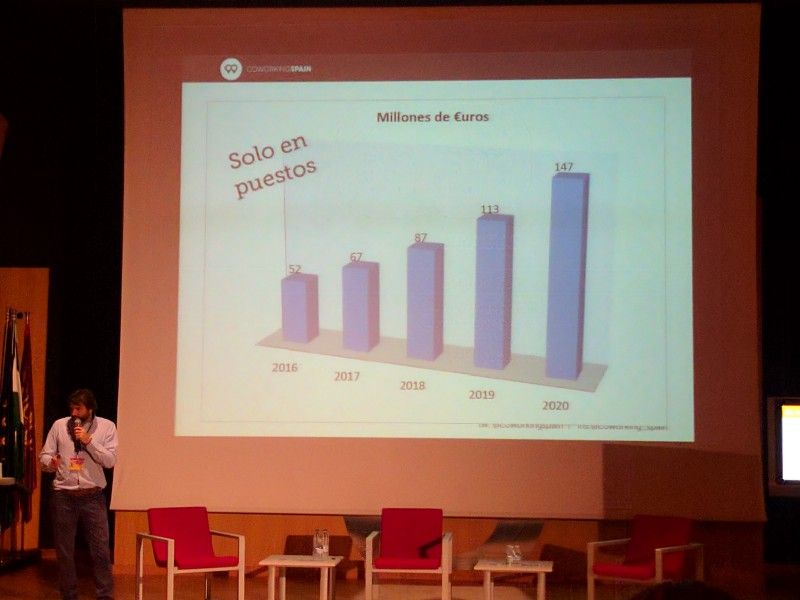
After a second round of coffee, Manuel Zea came back on stage to present facts and figures on the state of coworking in Spain. Not unlike other countries in the world, coworking is booming in Spain and the numbers for space square meters and desks have almost quadrupled in the past five years. We learned that spaces in Spain remain within a small to medium scale. The average is around 250m2 in size and has around 26 members. Spaces are spread over a wide area, beyond just the big cities. You can find coworking spaces all over Spain, even in small to mid sized towns and they have very well connected regions. We learned that despite their small sizes and remote location, spaces in Spain tend to be very stable, with an average of 70% of fixed occupancy rate. Manuel also presented some of the new big coworking players coming in to Spain, like WeWork, Spaces and Talent Garden, which laid the ground for the following session on business centers.
Coworking “versus” Business Centers
In past coworking conferences, stakeholders in business centers and service offices were regarded with a certain skepticism.The conference organizers decided to invite Chus Prol (Doutroxeito) and Eduardo Salsamendi (Pro WorkSpaces) to a co-presentation named ‘Coworking VS Business Centers’. The focus here wasn’t to promote a debate but to ask the question: why the ‘versus’ and what is it?
Chus started out stating that there’s been a disruptive shift in labor paradigms. The workplace now requires an open and transparent environment to promote creativity and synergy. She argues that sharing our knowledge and collaborating in both local and global scales is key to create great working environments that can offer the best of services and have a soul.
Eduardo followed the conversation by tracing the history of business centers from the sixties until now. He talked about how the unforeseen technological developments had a significant effect in how people work and made the argument that coworking was a natural development from those advances. This new scenario had a huge impact on the business center industry which is now having to redesign themselves. It might all seem very obvious now but this is not the usual story we hear at coworking conferences. In fact, we usually hear the exact opposite, so this was quite refreshing and thought provoking.
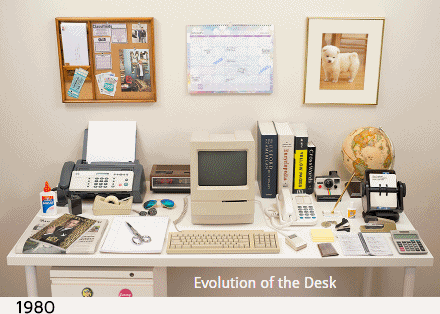
At the end of his presentation, Eduardo points out that while traditional models of both coworking and business centers are polarized, he ultimately agrees with Chus: Everyone can benefit from a hybridization of those two models.
The conference: Day 2
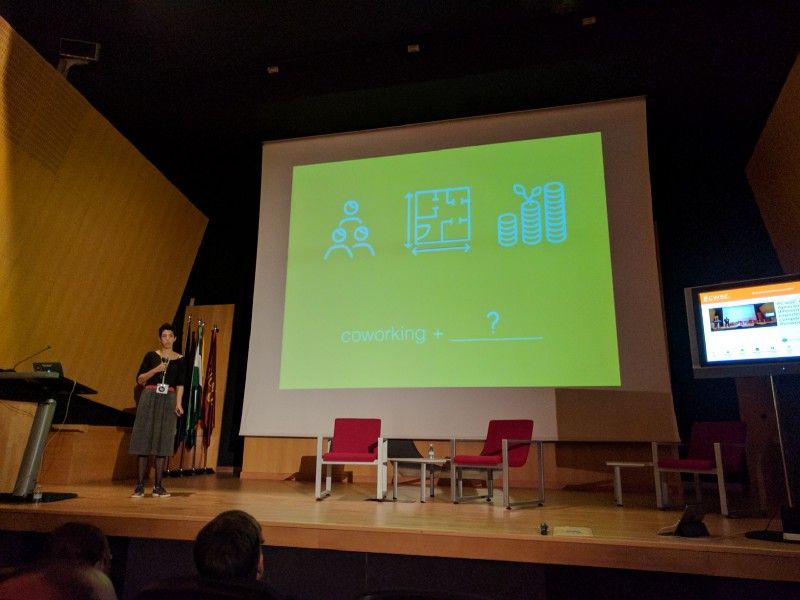
Other than many coworking conferences, which often finish with a series of unconference sessions, the second (and last) day at the Spanish Coworking Conference was again full of interesting talks.
After a round of questions to coworking consultant Marc Navarro(CREC), Miguel Ángel Calero (Cosfera) presented some key points he’s learned about coworking over the years. Next up Nerea Guinea shared her emotional story about closing her former space Co&Art.
Later we heard the only international presentation: Tânia Santos, co-founder of CRU cowork in Porto, talked about how she monetized a creative space for artists and designers with co-retailing while celebrating her own members.
To close the conference, Edu Forte, co-founder of Betahaus Barcelona, gave a very thorough presentation on Betahaus’ sales strategy, from their process of acquiring new members to how they keep them happy.
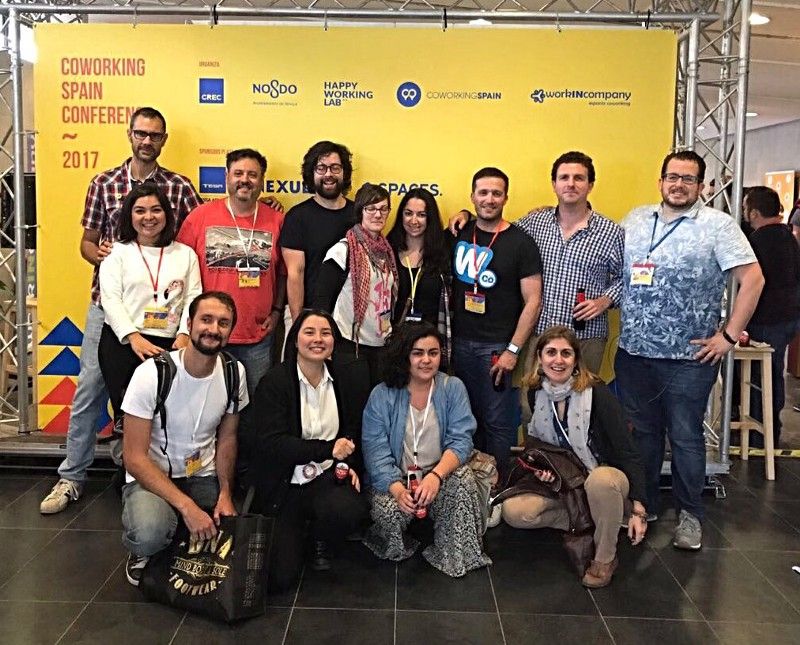
Where should we go next?
We’re now planning future coworking/workplace/etc-related events to attend as a team. Which ones do you go to and/or would recommend us? We’re open to events of all sizes, locations and even languages. If you are organizing anything, be sure to let us know!
